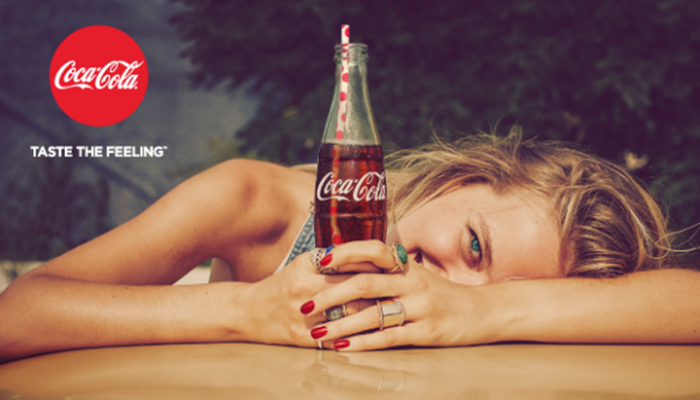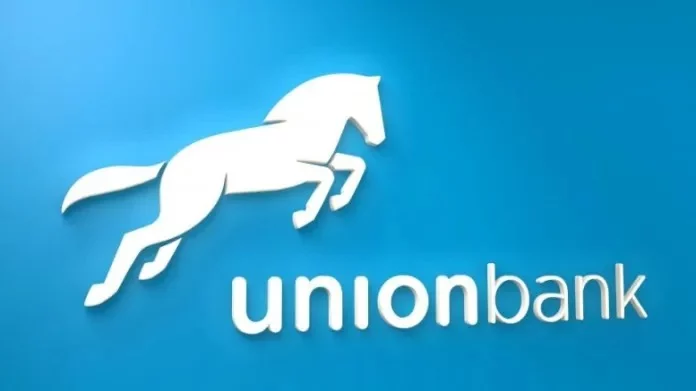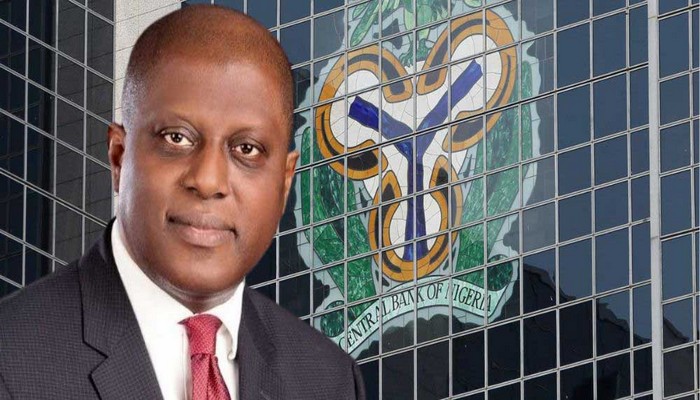
Plans by Coca-Cola to slim down the number of its global franchisees, especially in Nigeria and other African countries have suffered a major setback.
It was learnt that the $3.5billion-$5billion stake in its African bottling operation would be too big for a single buyer to swallow.
According to research group, Canadean, the 54 per cent holding was up for grabs in the world’s fastest-growing carbonated drinks market, which grew 8 per cent last year to $14billion
It said:”The Coca-Cola Beverages Africa stake will first be acquired by the US company, which said on Monday it wanted to buy the holding under change of control provisions triggered by Anheuser-Busch InBev’s £79billion takeover of rival brewer SABMiller.
“Coca-Cola appeared to recognise that a single buyer was unlikely as it said in a statement that it would negotiate with “potential partners” to refranchise CCBA.
Also according to Financial Time on Tuesday, the Atlanta-based group has been pushing its franchisees to consolidate in a drive for efficiency that led to last year’s three-way merger in Europe under Coca-Cola Enterprise Partners, Chaired by Sol Daurella.
It was revealed that SAB held a majority stake in CCBA, with Sabco and Coca-Cola as minority partners. The company is responsible for 40 per cent of Coca-Cola’s volumes in Africa, where there are 30 Coca-Cola franchisees according to Moody’s, the rating agency.
Coca-Cola’s decision to buy out the SAB stake was likely to have been driven by AB InBev’s role as a large bottler for rival PepsiCo in Latin America.
Also, Coca-Cola is itself regarded by analysts as a potential future target for AB InBev. “Coke is scared of an acquisition by AB InBev,” said Ali Dibadj, analyst at Bernstein.
“Thus, we presume Coke would very much try to avoid giving AB InBev’s CEO Carlos Brito a look under the hood of the company. The CCBA stake is most likely to appeal to UK-based Coca-Cola Hellenic, which operates in Russia and Eastern Europe but also in Nigeria, one of Africa’s biggest soft drinks markets.”






